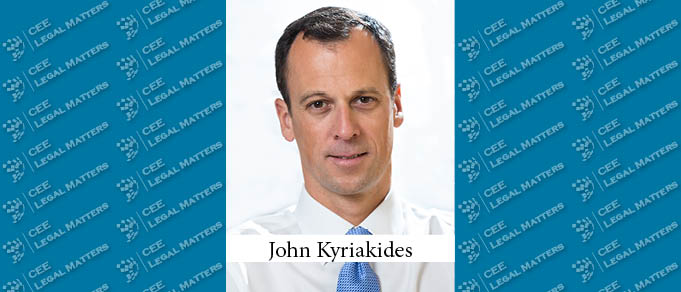The legal profession in Greece has changed and been upgraded in recent years in the context of providing legal services and support across a spectrum of economic, social, and technological developments. Modern lawyering is directly linked to the needs of the client in very specific areas (such as economy, energy, health, immigration, personal data, and artificial intelligence). In the past 30 years, Greece has witnessed the establishment of the institution of law firms, the transition to a new era of cooperative action, and the gradual abandonment of the legal office as the sole dominant model of legal practice. Law firms that form a structured group and provide a comprehensive package of services operate in a dynamic manner, evolving in line with market requirements. This is also a guarantee for young lawyers who seek better working conditions, remuneration, and career prospects.
Moreover, specialization through professional involvement with a specific area of law or through postgraduate studies is now a necessity for the successful practice of the profession. The traditional concept of the Greek all-rounder lawyer, providing both legal representation before the courts and practicing all areas of law, is no longer accepted and is treated with much suspicion by prospective clients, who actively seek a lawyer with specialized knowledge and understanding. Many areas have niche fields within them, that require an in-depth knowledge of that particular practice, and the law changes so frequently that it is practically impossible to keep up with every area. Indeed, in response to clients’ demands and the need to keep up with international standards, the vast majority of new-generation lawyers in Greece pursue postgraduate studies and it is also now common for lawyers to further their studies abroad, often in several jurisdictions, in order to develop a broader perspective of the law at large, increase their international commercial awareness, and gain exposure to international practices.
Greece is on a growth path, after several years of economic crisis and the recent pandemic, which is inevitably linked with necessary reforms. Investment is the key to growth but requires a proper environment. In order to create such an environment, on the one hand, reforms are being advanced and, on the other hand, investors must be supported and secured. Those investors are either construction and tourism companies or other companies which have joined programs offering subsidies, such as the Recovery and Resilience Facility, thus financing the projects. It is a given, therefore, that there is competition involved in the process of selecting contractors, selecting equipment, drafting, and reviewing contracts and loan terms. A major role in this area is played by the legal services provided to investors at all levels (analysis of the investment environment, financing, guarantees, negotiation, etc.).
At the same time, in the area of reforms, it should be noted that the ongoing reform of the judiciary, by means of extending the integrated information system of courts, the possibility of conducting remote conferencing, and the collection and processing of judicial statistics, will provide for an improvement of legal services.
The above supports the upgrading of the legal profession after a fairly long period of stagnation, an upgrade which will assist lawyers as well as the development of the country.
By John Kyriakides, Managing Partner, Kyriakides Georgopoulos
This Article was originally published in Issue 8.12 of the CEE Legal Matters Magazine. If you would like to receive a hard copy of the magazine, you can subscribe here.
